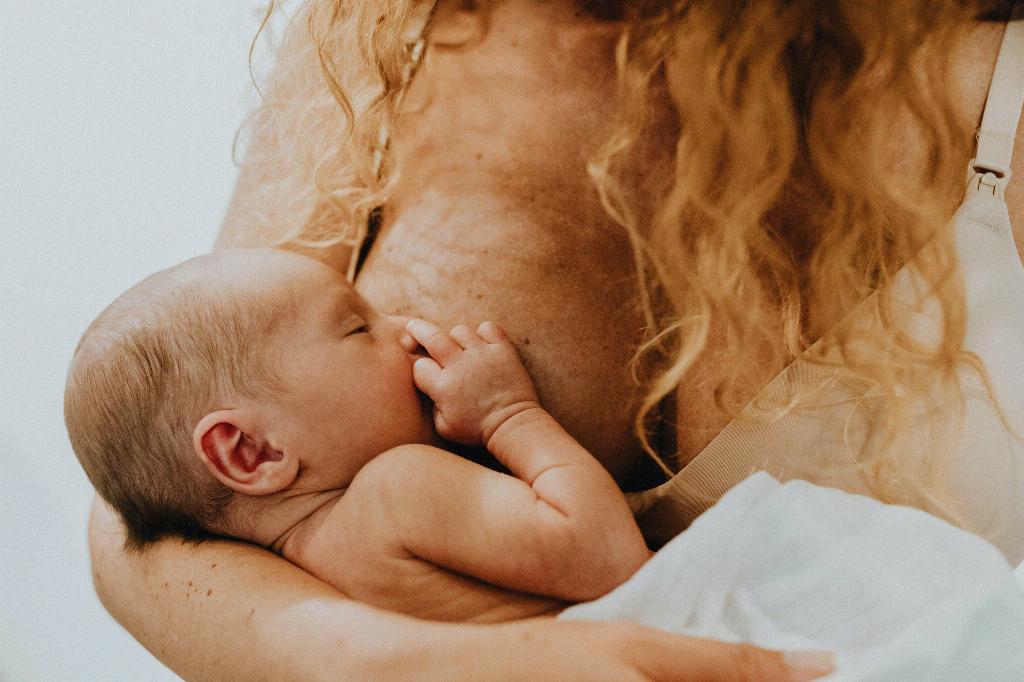When it comes to the transmission of HSV-1, commonly known as oral herpes, it is crucial to recognize the risks involved, especially when it concerns vulnerable individuals such as babies. The virus can be easily spread through direct contact, including kissing, even in the absence of visible cold sores.
Impact on Babies
Babies have immature immune systems, making them more susceptible to infections. Contracting HSV-1 can pose serious health risks for infants, potentially leading to severe complications. Therefore, extra precautions need to be taken to ensure their well-being.
Importance of Hygiene
One of the key preventive measures is to maintain proper hygiene. Anyone in contact with the baby, especially individuals with HSV-1, should wash their hands thoroughly with soap and water before handling the infant. This simple step can significantly reduce the risk of transmission.
Avoiding Direct Contact
Although it may be difficult to resist the urge to kiss your baby, it is crucial to avoid kissing them on the lips if you have HSV-1, even if you are not experiencing an active outbreak. The virus can still be present on the skin and transmitted to the infant.
Understanding Asymptomatic Shedding
HSV-1 can be contagious even when no symptoms are present, a phenomenon known as asymptomatic shedding. During these periods, the virus can still be active and transmitted to others, highlighting the importance of taking precautions at all times.
Protecting Your Baby’s Health
As a parent or caregiver, your top priority is to safeguard your baby’s health and well-being. By being aware of the risks associated with HSV-1 transmission and taking proactive steps to prevent it, you can help protect your infant from potential harm.
Consulting a Healthcare Professional
If you have HSV-1 and are unsure about the best practices for interacting with your baby, it is advisable to consult a healthcare professional for guidance. They can provide personalized recommendations based on your specific situation.
Educating Others
It is also essential to educate family members and visitors about the risks of HSV-1 transmission to ensure that everyone who comes into contact with the baby understands the importance of following hygienic practices and avoiding direct contact, such as kissing on the lips.
Alternative Ways to Show Affection
While refraining from kissing your baby on the lips may seem challenging, there are numerous other ways to express your love and affection. Gentle cuddles, soothing words, and playful interactions can all foster a strong bond with your infant without risking their health.
Remaining Vigilant
Even if you do not currently have an active outbreak of HSV-1, it is crucial to remain vigilant and mindful of the potential risks of transmission. By staying informed and proactive, you can help protect your baby from unnecessary exposure to the virus.
Seeking Support
If you are feeling overwhelmed or anxious about navigating the complexities of HSV-1 and its impact on your baby, do not hesitate to seek support. Talking to other parents, joining online forums, or seeking guidance from a healthcare professional can provide valuable reassurance and advice.
Conclusion
In conclusion, while it may be tempting to kiss your baby if you have HSV-1 but no outbreak, it is imperative to prioritize their health and safety. By maintaining strict hygiene practices, avoiding direct contact, and seeking guidance when needed, you can reduce the risk of HSV-1 transmission and ensure a healthy environment for your infant.

